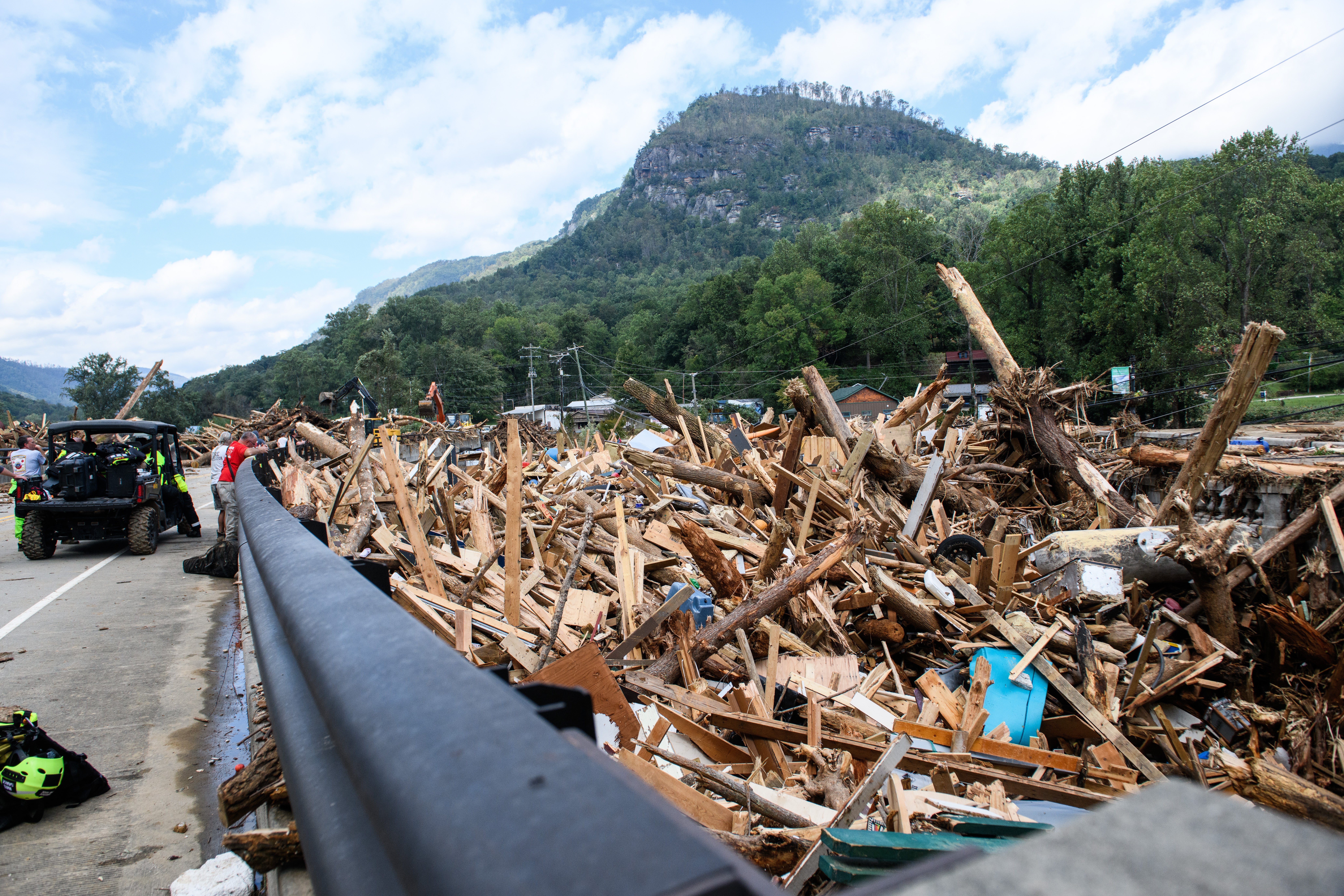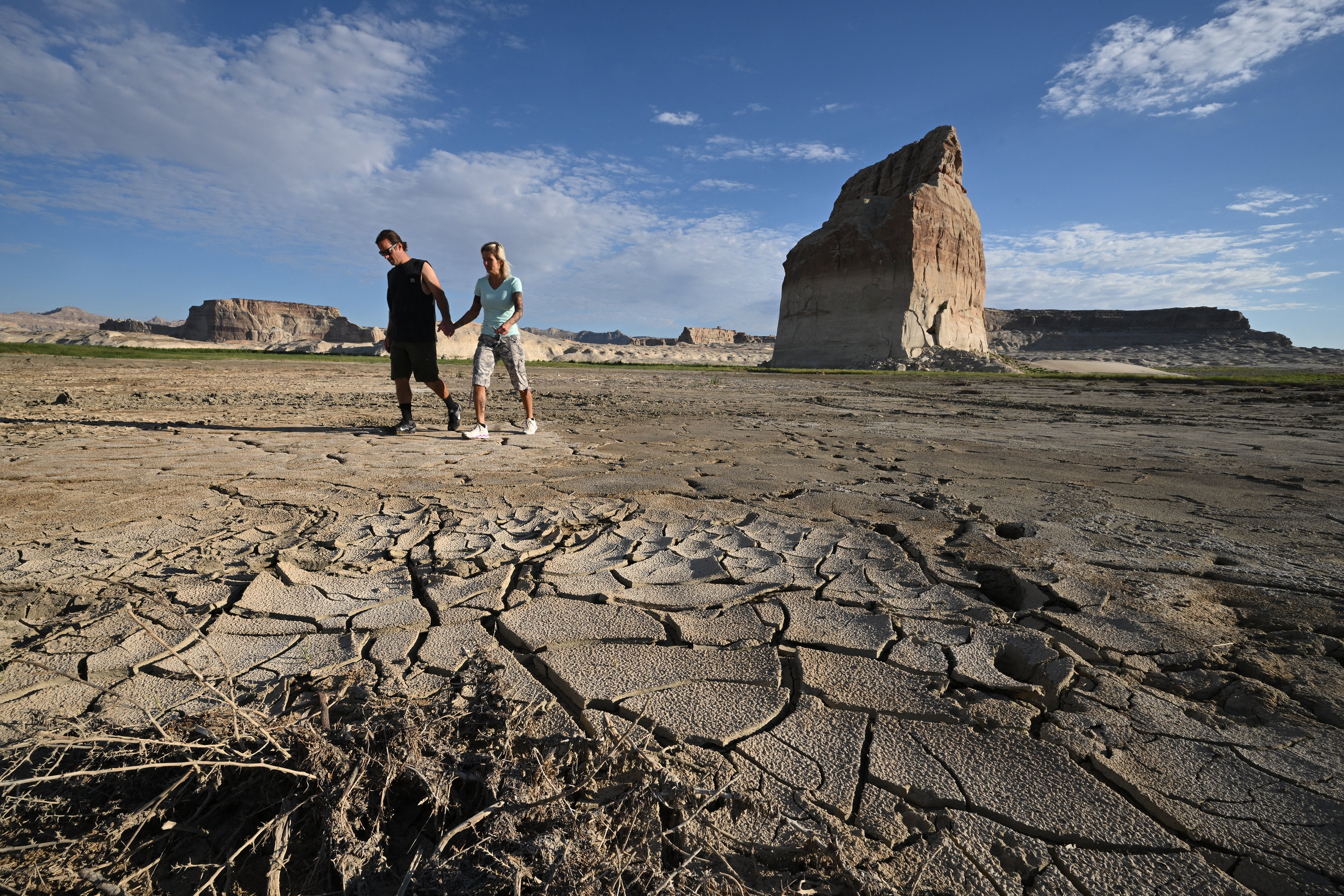Millions of Americans trying to enjoy the summer holidays this year will have to contend with sweltering heat, worsening drought and stormy weather, forecasters say.
Hotter weather means more deaths, affected infrastructure, the potential for larger and more persistent wildfires, and additional energy expenditure that may worsen Earth’s environmental predicament, experts have noted.
Many cities have already felt summer-like warmth this spring. Phoenix already saw a triple-digit day earlier this month. In the coming months, AccuWeather says more intense heat is expected in the northern Rockies, Northwest and Plains regions. In the Northwest, Boise, Idaho, Spokane, Washington, and Billings, Montana, are likely to see the most scorching heat.
The heat will contribute to a wildfire season that could escalate, burning more than 7 million acres. A later start is expected for wildfire activity in the Northwest, but there is vegetation that will act as kindling, forecasters noted. The fire risk is earlier in the Southwest, and “very high” to “extreme” in the region. Texas, the Rockies and the interior Northwest.
"While the season may start slowly, there is strong potential for rapid escalation as drought conditions and heat set in," AccuWeather Lead Long-Range Expert Paul Pastelok said.
While the West will see a similar frequency of 90-degree days as last summer, major Eastern cities will feel fewer of those days. However, the Atlantic coast will not get a break from hurricanes this season. There’s even a chance a subtropical or tropical storm will develop before the official June 1 start. AccuWeather is predicting three to six direct hits from hurricanes, with the Carolinas at a higher-than-average risk yet again following last year’s devastating Hurricane Helene.
More moisture in the form of thunderstorms will break the heat in the Northeast and across the Appalachians. To the South, the Southwest will feel some relief from its monsoon.
"The monsoon may help ease drought conditions," Pastelok said. "Another positive to an above-average monsoon is to bring up river and lake levels. This can also bring relief from high heat and some energy savings."

Right now, just under 37 percent of the country is in moderate to exceptional drought, according to the U.S. Drought Monitor. This summer, drought coverage is projected to be widespread across the High Plains and West. There could be water shortages in the hardest hit areas, and impact crop production.
“Soil moisture and drought are big factors contributing to the demand for cooling this summer. We expect the middle of the country to dry out and bake in the summer heat. Higher air temperatures can enhance evaporation rates, which further reduces soil moisture. The hotter and drier it gets, the more families and businesses will depend on air conditioning,” Pastelok explained.
The demand for electricity is also expected to climb above historical average levels across parts of 33 states this summer. That demand will only surge in hotter summers.

The forecast is indicative of what is already known. Extreme weather events are becoming more extreme and frequent in an increasingly warming world and due to the impacts of manmade climate change.
Heat waves are hotter, storms are stronger and droughts are longer and more devastating. As the atmosphere continues to warm, AccuWeather says more benchmarks will be broken following Earth’s hottest year on record.
“Hundreds of record high temperatures were shattered across the country last summer. We’ll likely experience more record high temperatures being challenged or broken again this summer, especially in the western and central U.S.,” AccuWeather Climate Expert and Senior Meteorologist Brett Anderson said in a statement. “The data is clear and cannot be ignored; overall temperatures will continue to rise as long as people around the globe continue burning fossil fuels that unleash carbon dioxide and other greenhouse gases that trap heat in our atmosphere.”
An invasive venomous ant is spreading in the US
Body of 16-year-old boy found in Nottingham lake
UK weather map: Where temperatures could hit record-breaking 30C today
LGBT+ community outraged after gay makeup artist deported to El Salvador prison
Trump taps Waltz as UN ambassador hours after he is reported leaving NSA post
Bill Maher changes tune on Trump again - calls his first 100 days a ‘s*** show’







